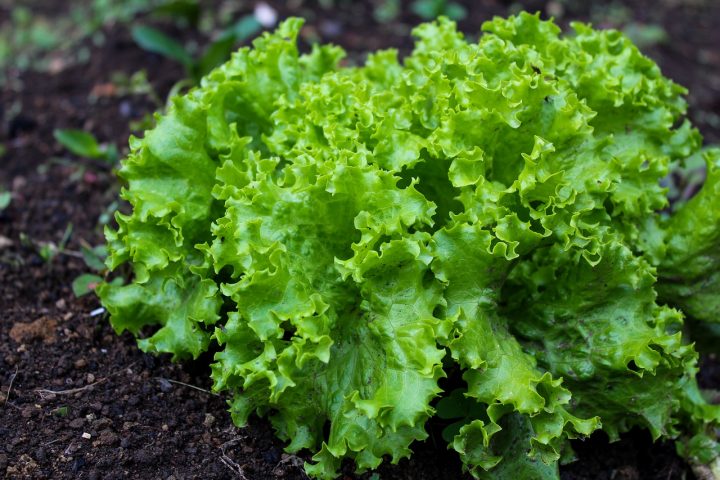Cooking
 Does Your State Have an Environmental Health Hazard Assessment Agency/Office? California Does
Does Your State Have an Environmental Health Hazard Assessment Agency/Office? California Does
The Office of Environmental Health Hazard Assessment (OEHHA); the state of California's "mission is to protect and enhance public health and the environment by scientific evaluation of risks posed by hazardous substances." A couple of reports currently on the website: Protecting Public Health from Home and Building Fire Ash and Art and Craft Material Exposures and Impacts to Children's Health; Inorganic Arsenic in White and Brown Rice. more »
 Ferida Wolff's Backyard Garden: My Surprising Garden and Basil is a Great Herb
Ferida Wolff's Backyard Garden: My Surprising Garden and Basil is a Great Herb
Earlier this season I had found that a shallot in my fridge had started growing. I took a chance and planted it. Then I forgot about it, never really expecting anything to come of it. Then the garden surprised me. A tall stalk reached out of the dirt. I thought it was a wild onion and left it alone. It continued to shoot up and then there was an intriguing flower at the end of it. When I dug it up to see what was growing, I saw the shallot had grown and multiplied! Not only was the flower beautiful to see but the shallots were delicious to eat. more »
 National Institutes of Health: Mediterranean Diet May Slow Development of Alzheimer’s Disease, Recipes by Lisa Mosconi
National Institutes of Health: Mediterranean Diet May Slow Development of Alzheimer’s Disease, Recipes by Lisa Mosconi
In a new study, Dr. Lisa Mosconi from Weill Cornell Medicine and her colleagues measured changes in brains over time. They performed baseline brain imaging in 34 people who ate a Mediterranean diet and 36 people who ate a Western diet. The volunteers ranged in age from 30 to 60 and showed no symptoms of dementia when the study began. The researchers then repeated the scans at least two years later. The study was supported by NIH’s National Institute on Aging (NIA). Results were published online in Neurology on April 13, 2018. more »
 Harvard Shorenstein Center: Foodborne Illness: Causes, Identification and Costs
Harvard Shorenstein Center: Foodborne Illness: Causes, Identification and Costs
While food safety measures like washing produce and cooking meat and eggs all the way through can remove or kill bacteria and mitigate some of the risk of foodborne illness, these methods aren’t foolproof. A study published in 2017 in Food Science & Nutrition looked at whether washing ready-to-eat mixed salad greens and romaine lettuce inoculated with E. coli got rid of potentially harmful bacteria. They found that “only washing in a high flow rate (8 L/min) resulted in statistically significant reductions.” Another study points out the heightened risk that prepared salads pose, given the contamination potential of leafy vegetables, along with the added intermingled proteins which introduce the risk of cross-contamination and provide “an excellent substrate for bacterial growth.” more »






